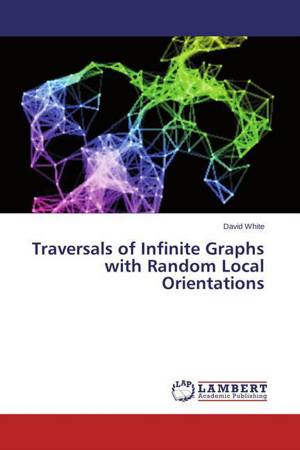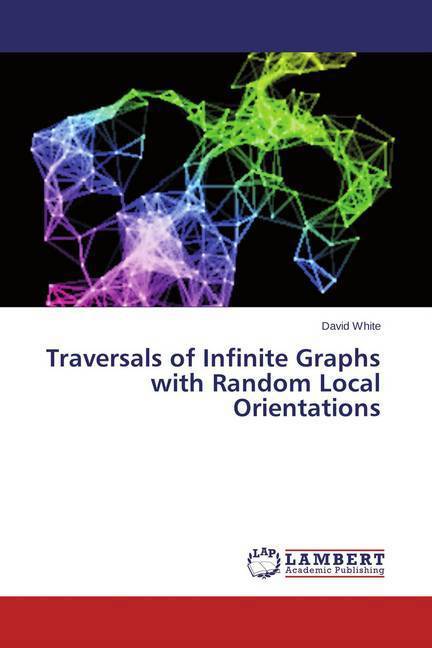
- Afhalen na 1 uur in een winkel met voorraad
- Gratis thuislevering in België vanaf € 30
- Ruim aanbod met 7 miljoen producten
- Afhalen na 1 uur in een winkel met voorraad
- Gratis thuislevering in België vanaf € 30
- Ruim aanbod met 7 miljoen producten
Zoeken
€ 39,95
+ 79 punten
Omschrijving
In mathematics and computer science, many systems of individuals and the relationships between them may be modeled as graphs. It is natural to consider the problem of graph exploration by an autonomous agent, e.g. an individual meeting members of a social network, a webcrawler exploring the web, optimizing protein folding by exploring the graph of allowable shapes, software moving on a network of computers, or the Mars rover exploring the terrain of Mars. This monograph compares numerous exploration algorithms, and introduces randomized versions of existing exploration algorithms including randomized rotor routers and the random basic walk. The question of recurrence vs. transience is settled for the random basic walk on the class of locally finite, bounded degree graphs, and this theory specializes to give bounds on the exploratory behavior of the random basic walk on finite graphs such as lattices and complete graphs. Applications, examples, and open problems are provided throughout the text.
Specificaties
Betrokkenen
- Auteur(s):
- Uitgeverij:
Inhoud
- Aantal bladzijden:
- 84
- Taal:
- Engels
Eigenschappen
- Productcode (EAN):
- 9783659776878
- Verschijningsdatum:
- 27/08/2015
- Uitvoering:
- Paperback
- Afmetingen:
- 150 mm x 220 mm
- Gewicht:
- 136 g

Alleen bij Standaard Boekhandel
+ 79 punten op je klantenkaart van Standaard Boekhandel
Beoordelingen
We publiceren alleen reviews die voldoen aan de voorwaarden voor reviews. Bekijk onze voorwaarden voor reviews.








